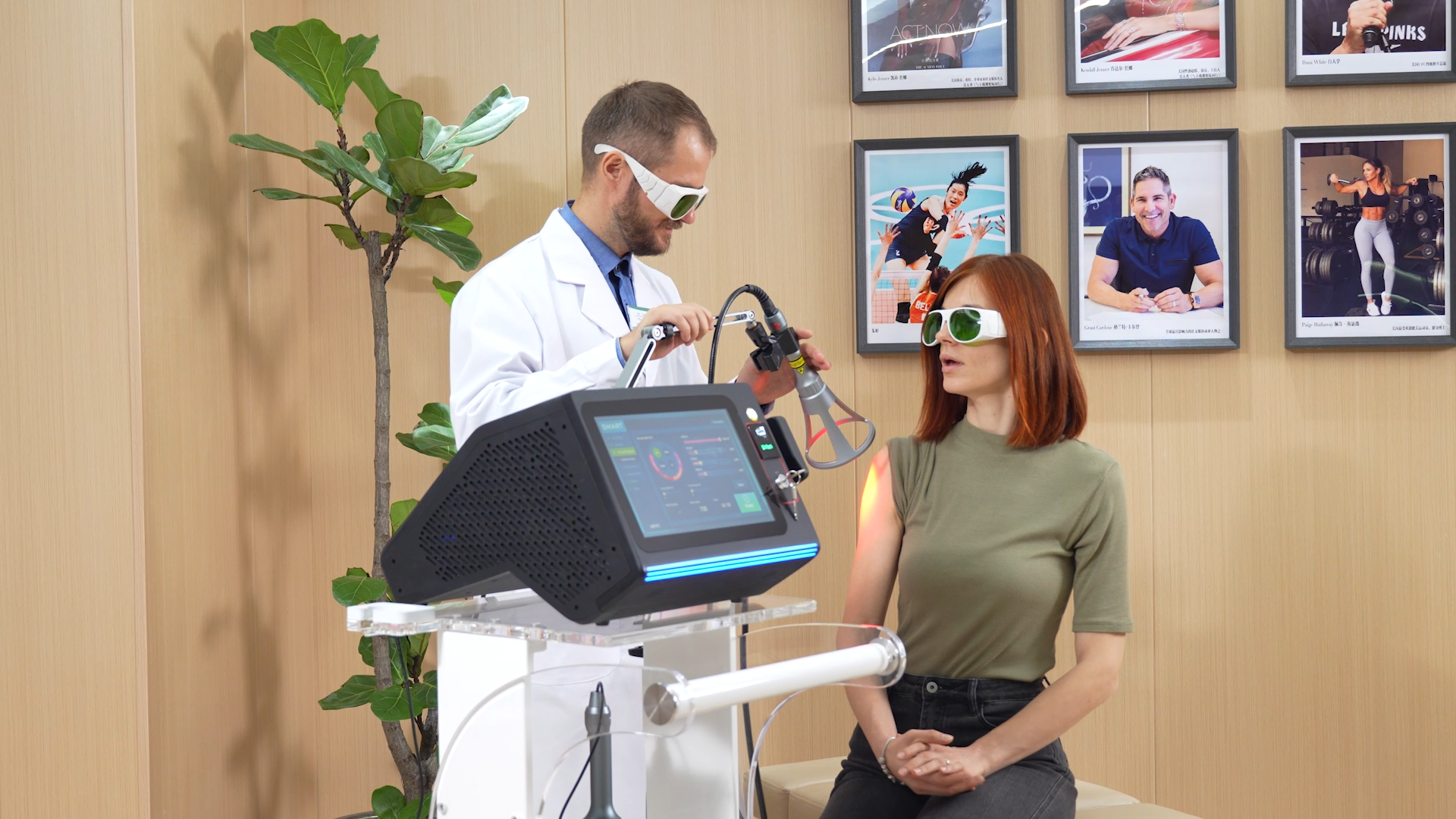Page Contents
Laser therapy, also known as low-level laser therapy (LLLT), has garnered attention for its non-invasive approach to treating various conditions. However, it’s essential to recognize that not everyone may be a suitable candidate for this therapy.
Understanding Laser Therapy
Laser therapy utilizes specific wavelengths of light to stimulate cellular activity and promote healing. Healthcare providers commonly use it in pain management, tissue repair, inflammation reduction, and cosmetic applications.
Who Should Proceed with Caution or Avoid Laser Therapy?
- Pregnant Women:
Pregnant women should approach laser therapy with caution, particularly if the treatment area is near the abdomen or pelvic region. While there is limited evidence on the effects of it during pregnancy, it’s advisable to consult with a healthcare provider before proceeding with treatment. - Cancer Patients:
Cancer patients, especially those undergoing active treatments like chemotherapy or radiation therapy, should seek guidance from their oncologist before considering this therapy. The interaction between this therapy and cancer treatments is not well-understood, and caution is warranted to avoid potential complications. - Individuals with Photosensitivity:
People with photosensitivity disorders or conditions that make their skin sensitive to light should exercise caution with the therapy. The intense light emitted during treatment may exacerbate their condition or lead to adverse reactions. - Eye and Thyroid Conditions:
Approach therapy near the eyes or thyroid gland with caution due to the sensitive nature of these areas. During treatment, healthcare providers may deem protective eyewear necessary to prevent eye damage and recommend consulting with an eye specialist or endocrinologist. - Skin Infections or Open Wounds:
Healthcare providers generally contraindicate laser therapy for treating areas with active skin infections or open wounds. The laser energy can interfere with the healing process and may increase the risk of infection. - Pacemaker or Implantable Devices:
Individuals with pacemakers, implanted defibrillators, or other electronic implantable devices should avoid the therapy near these devices. The electromagnetic energy from the laser could potentially interfere with the functioning of these devices. - Children and Adolescents:
Although this therapy is generally safe for adults, its safety and efficacy in children and adolescents are not well-established. Pediatric patients should only undergo the therapy under the guidance and supervision of healthcare professionals experienced in pediatric care.
Conclusion
While laser therapy offers numerous benefits and is considered safe for many individuals, it’s crucial to understand that certain populations may need to proceed with caution or avoid laser therapy altogether. Pregnant women, cancer patients, individuals with photosensitivity, eye or thyroid conditions, skin infections, implanted devices, and pediatric patients should consult with healthcare providers before undergoing therapy. This ensures that treatment decisions are safe, appropriate, and tailored to individual needs and health considerations.
